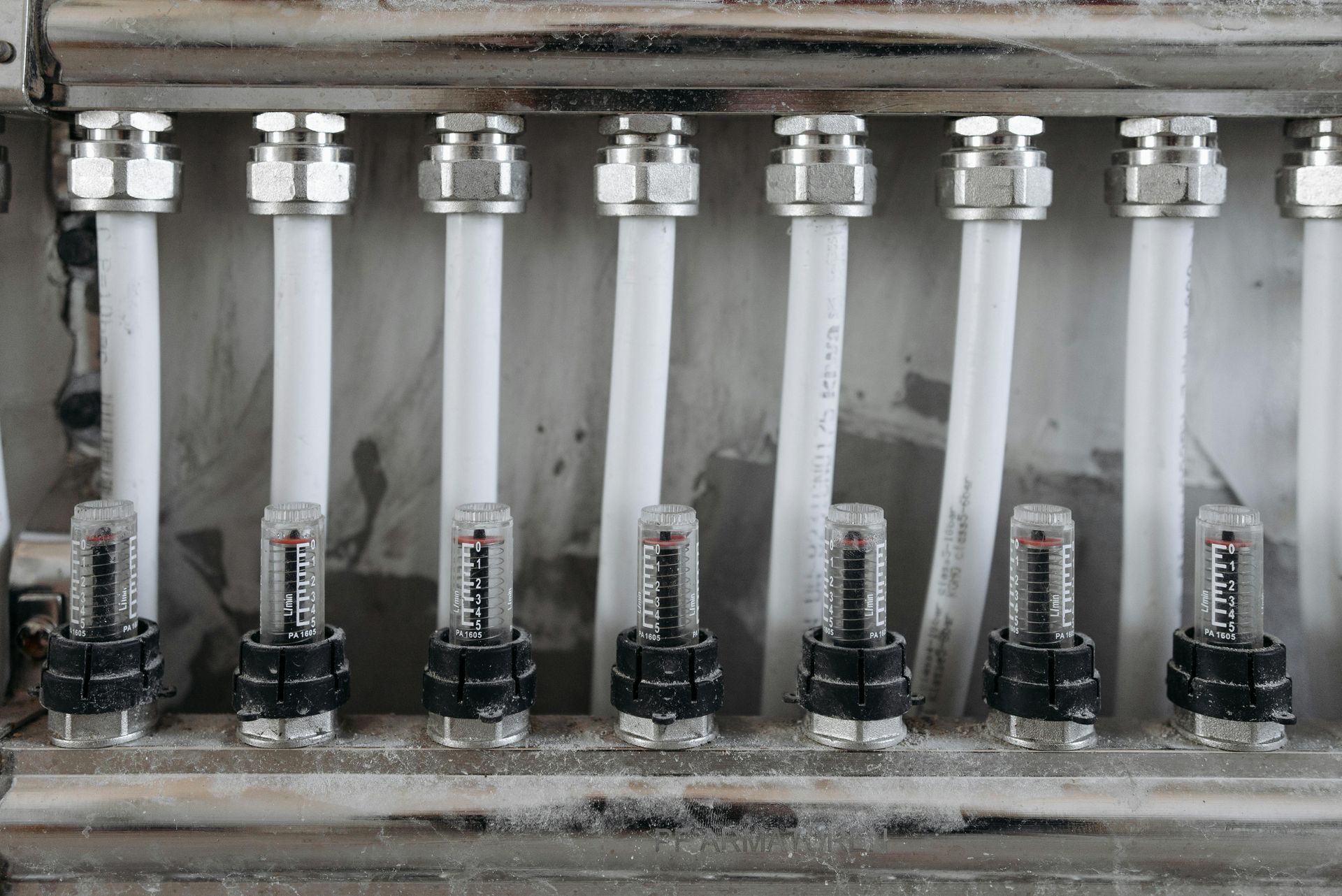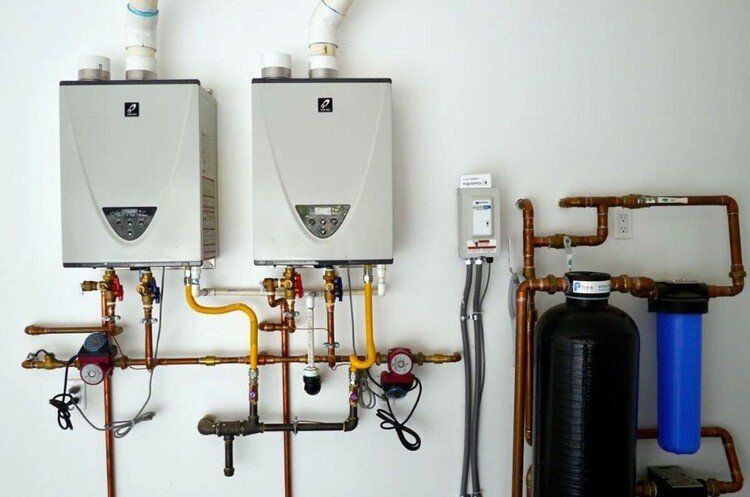Can A Garbage Disposal Really Damage Your Septic System?
Garbage disposals have become a common convenience in modern kitchens, efficiently grinding food waste to make disposal easier. However, their interaction with septic systems raises important concerns, as improper management can lead to costly damage and maintenance issues. This article explores in detail how a garbage disposal impacts a septic system’s health, focusing on the role of horsepower in garbage disposal functionality, potential risks, and practical advice to protect your septic system. The involvement of trusted plumbing professionals like All City Plumbers underscores the importance of expert guidance when addressing these concerns.
Understanding Septic Systems and Garbage Disposals
Septic systems are self-contained wastewater treatment units used in many homes, especially those not connected to municipal sewer lines. They function based on a delicate balance of bacteria that breaks down human waste and organic materials, facilitating safe effluent disposal into the surrounding soil. This biodegradation process is finely tuned to handle typical sewage but can be disrupted by excessive solid waste.
Garbage disposals introduce finely ground food waste directly into the septic tank. Although the grinding action of the garbage disposal reduces food to smaller particles, these particles increase the total volume of solids entering the tank. While the bacteria within the septic tank can break down some organic waste, the continuous influx of food particles can overwhelm them. This leads to sludge buildup, reduced tank capacity, and increased frequency of septic pumping.
The Role of Horsepower in Garbage Disposal Impact
An important aspect that influences how a garbage disposal affects a septic system is the role of horsepower in garbage disposal models. Horsepower determines the strength of the disposer’s motor and its ability to grind various food wastes. Lower horsepower disposals struggle with tougher waste and may leave larger particles, increasing the load on the septic system.
Conversely, higher horsepower disposals, while more effective at grinding, produce a greater volume of finer particles. These can increase the organic solids entering the septic tank without allowing sufficient time for bacterial digestion. This paradox means that simply having a more powerful garbage disposal does not necessarily reduce septic system strain; rather, the frequency and type of food discarded also play vital roles in overall system health.
Potential Damage to Your Septic System
Garbage disposal use can accelerate sludge and scum layer formation in the septic tank, reducing its effective volume and bacterial efficiency. The excess solids and food grease, oils, and fats (FOGs) are slower to decompose and tend to accumulate, limiting the tank’s capacity to handle wastewater. This buildup forces more frequent pumping to prevent overflow.
Furthermore, undigested solids and FOGs can migrate to the drainfield, clogging soil pores and pipelines, restricting water filtration, and potentially causing wastewater backups or leaks. Such damage can lead to expensive repairs, including drainfield replacement, which can run into tens of thousands of dollars.
Best Practices and Professional Guidance
To mitigate risks, users should practice mindful disposal habits. Avoid putting excessive fibrous, starchy, or greasy food items down the garbage disposal, and consider composting alternatives for large food waste. Regular inspection and timely septic tank pumping are essential to maintaining system balance.
When integrating a garbage disposal with a septic system, consulting plumbing experts like All City Plumbers can make a significant difference. These professionals can advise on appropriate garbage disposal models, including considerations about motor horsepower, and tailor maintenance schedules that suit your septic tank’s needs. Their expertise ensures that both your kitchen convenience and septic system functionality are optimally sustained.
Conclusion
While a garbage disposal offers undeniable convenience in managing kitchen waste, it can pose challenges to the long-term health of a septic system. The role of horsepower in garbage disposal determines grinding efficiency but does not eliminate the potential for excess solids entering the septic tank. Careful usage combined with expert advice from professionals such as All City Plumbers helps prevent damage related to sludge buildup, scum accumulation, and drainfield clogging.
Understanding these complexities enables homeowners to enjoy the benefits of their garbage disposals without compromising the functionality and safety of their septic systems. Regular maintenance, prudent disposal habits, and professional support collectively underpin a balanced and trouble-free household plumbing environment.











